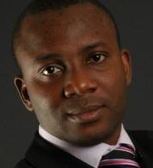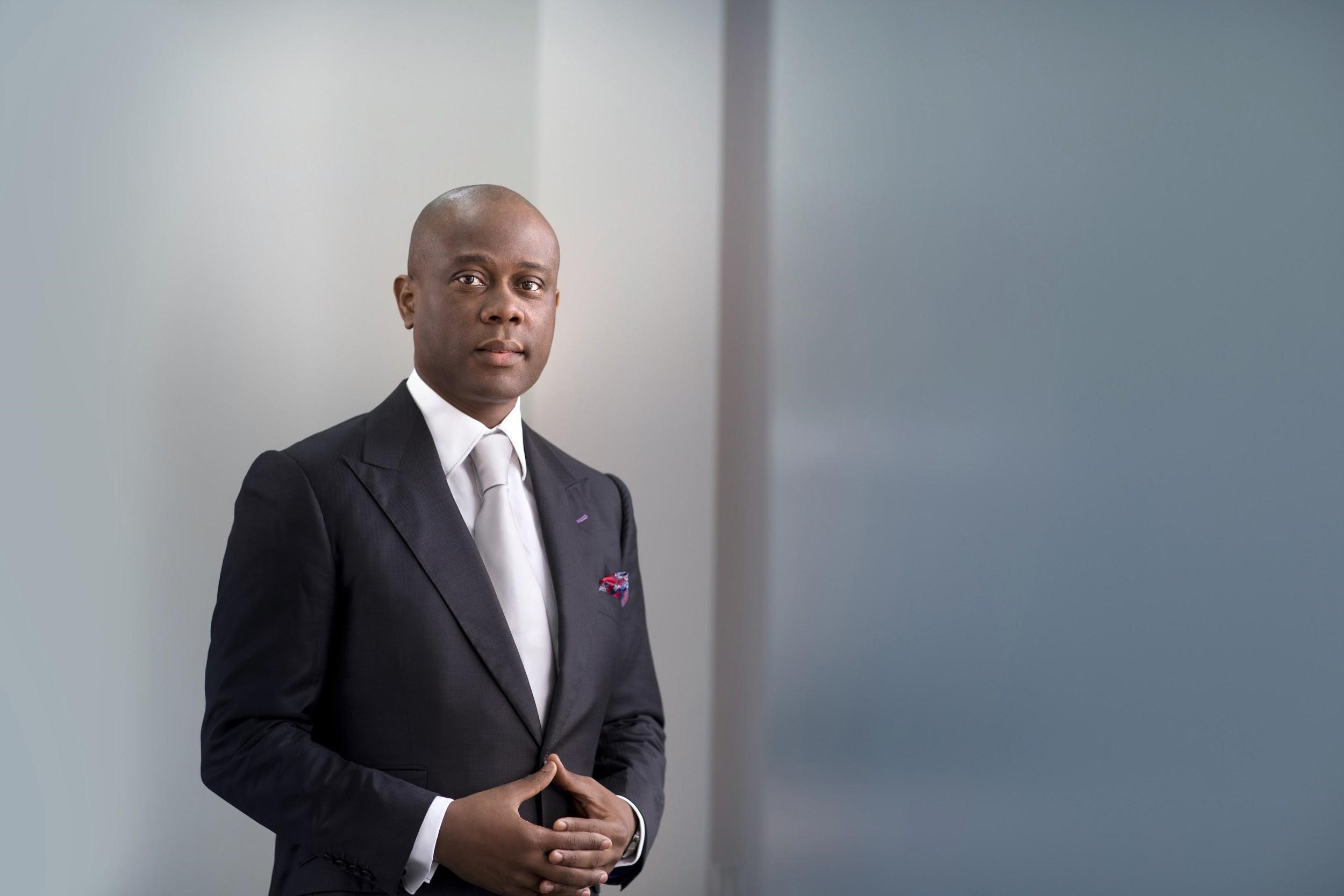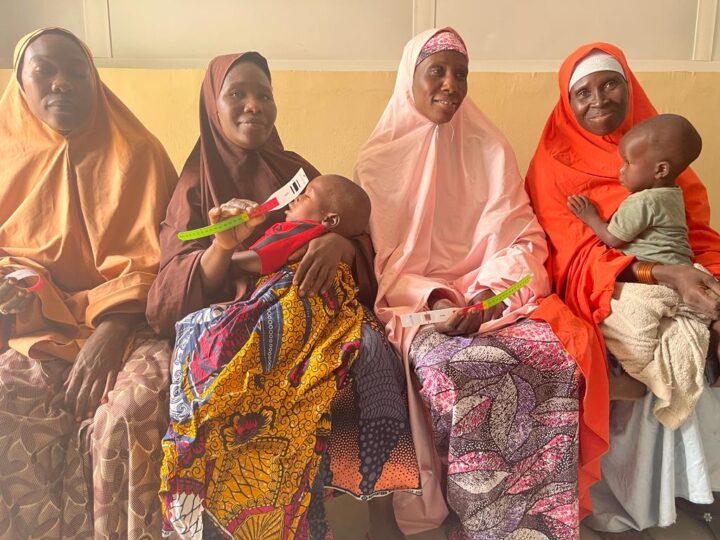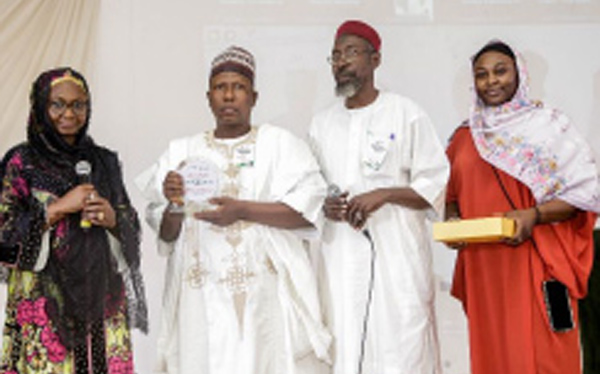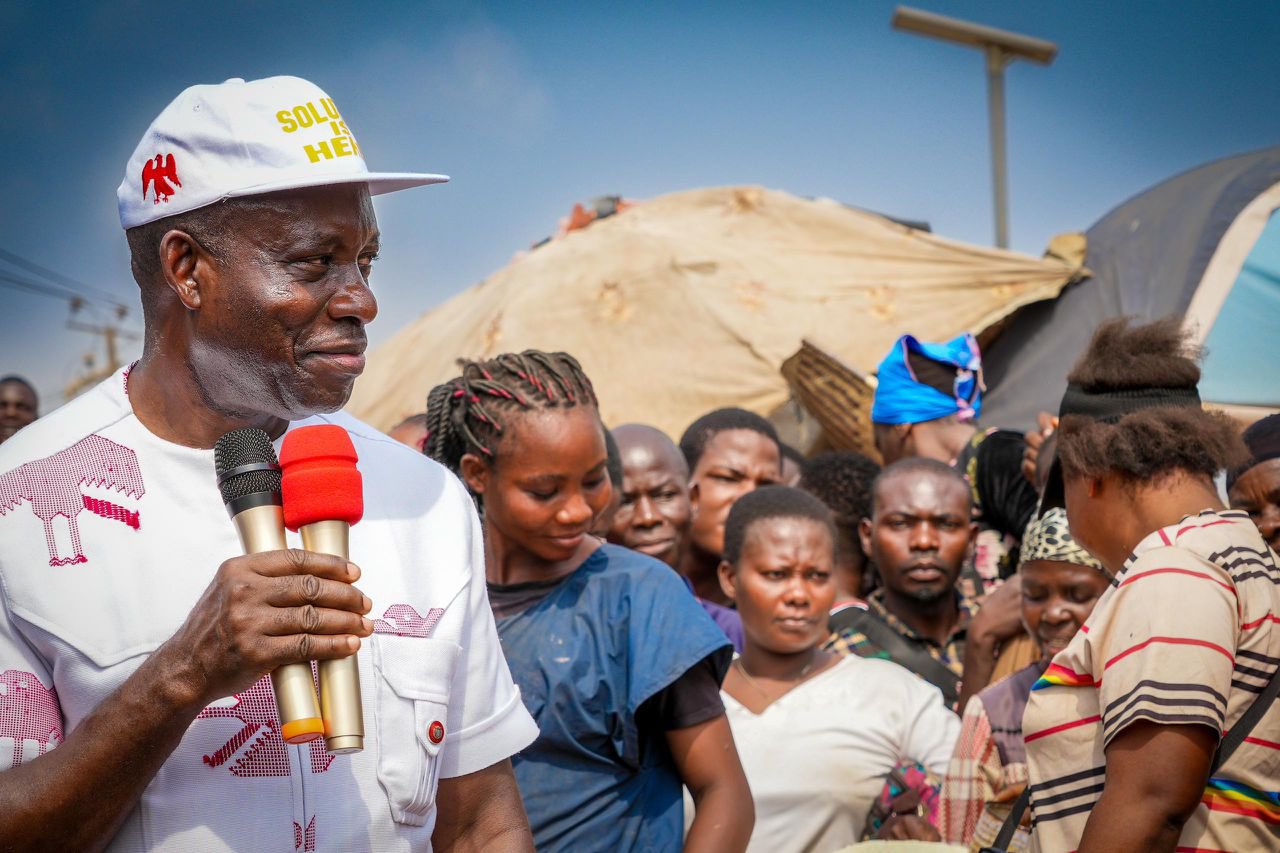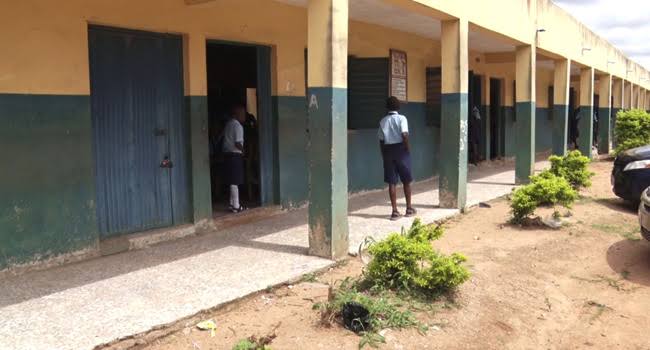I first met Herbert in 2000 at the then Guaranty Trust Bank under the leadership of Fola Adeola. I was a young management consultant at ReStraL Consulting, and the bank was one of ReStraL’s significant clients. At first sight, Herbert came across as an emerging leader in the bank. The few times I saw him at meetings and events in that period, he was full of youthful energy. I was not close to him. I only saw him from a distance.
Shortly after, precisely in 2002, I left Nigeria to study in the United Kingdom with the British Chevening Scholarship. The same year, Herbert co-founded Access Bank with his business partner, colleague, and friend, Aigboje Aig-Imoukhuede, and became the pioneer deputy managing director of the bank. This did not surprise me because of my brief earlier encounter with him at Guaranty Trust Bank. However, I was somewhat pleasantly surprised to learn recently that Herbert was also a Chevening Scholar, but much earlier in 1990. This knowledge helped me situate further and contextualise the Herbert I saw from afar.
While in the United Kingdom, I developed an interest in sustainability and sustainable banking in particular – an interest that has continued to grow on me. Surprisingly, this is another area of common interest with Herbert.
Sustainable banking is a commitment to make banking work for society and the natural environment. It is a commitment to reducing negative impacts and increasing positive impacts on different stakeholder groups (e.g. customers, shareholders, employees, regulators, the government, unions, local communities, etc.). It recognises banks as entities embedded in relationships with different stakeholder groups. It is about win-win outcomes for banking and society. Where regulation is weak, a commitment to sustainability can be a form of self-regulation driven by the values and philosophy of a business.
Advertisement
Aig and Herbert are sustainability enthusiasts and champions. Way before sustainability became fashionable in Nigeria, the duo had already seen the light in sustainability and positioned Access Bank to lead the way on the continent. In 2011, for example, Access Bank won the Financial Times/IFC Sustainable Bank of the Year award for Africa and the Middle East. The bank was instrumental in the launch of the Nigerian Sustainable Banking Principles in September 2012. Adopting and implementing these principles are compulsory and require Nigerian “banks, discount houses and development finance institutions to develop a management approach that balances the environmental and social (E&S) risks identified with the opportunities to be exploited through their business activities.”
It is only fair to say that Access Bank Plc has become the poster child of sustainable banking in Nigeria. When Herbert took over the bank’s leadership from Aig in 2014, he continued championing sustainability. He saw sustainability as something integral to the bank and a unique way to differentiate the bank in the already crowded banking industry. As a result, it is on record that Access Bank Plc has one of the most robust sustainability, Environmental, Social, and Governance (ESG) systems in Nigeria, if not on the continent.
Access Bank is one of the first banks to launch a corporate green bond – a rare feat. It is also one of the founding institutional members of the Sustainability Professionals Institute of Nigeria (SPIN) – a body of sustainability practitioners. Access Bank’s director of sustainability, Omobolanle Victor-Laniyan, is a Trustee of SPIN.
Advertisement
But has Access Bank’s adherence to sustainability paid? Of course, it delivered as Access Bank Plc has remained a shining example of sustainable banking in Africa, emerging markets, and developing economies. Beyond its glaring sustainability records, it remains a profitable and solid bank. Access Bank clearly demonstrates how sustainability thinking and practices can inform positive corporate performance.
I have been on the Sustainable Banking Awards Committee of the Central Bank of Nigeria from inception. These awards, which are usually announced at the annual conference of the Bankers Committee – where the Central Bank of Nigeria and the banks agree and set goals for the industry – are the conference’s highlights. Although they are often the last thing on the agenda, watching bank CEOs wait anxiously for the results is usually exciting. I have had the honour of participating in the announcement of these results.
Despite the anxiety and uncertainty, everyone expects Access Bank to win. The other banks literally compete on who would either displace Access Bank on specific awards or generously accept the second position. Access Bank, on the other hand, likes to be the first or retain the first position across the different awards.
At each point, Access Bank is cheered for the first position. Herbert enjoys the thrill. You could see it in his steps and demeanour. The awards are usually fun. They bring the humanity of the bankers to the fore. The atmosphere is typically warm and friendly. Like school children before their headmaster (the CBN Governor), the erstwhile powerful Bank CEOs file out as their banks are called for one position or the other. Herbert often left the hall gleefully with his hands full of awards. You could imagine him unwilling to share his new “toys” with his playmates!
Advertisement
I remember a year he did not win everything. He also took it in good spirits, cheered those who displaced Access Bank, and enjoyed the fun. Herbert enjoyed the thrill of good sports and the joy of winning healthy competitions. This is the memory of Herbert that will live with me for a long time.
Herbert truly impacted many lives. His demise is painfully felt by many far and near. In our collective mourning of a significant loss, I send my deepest condolences to his family, Access Bank, and Nigerians. May his interest in and practice of sustainability remain a source of inspiration to all and a legacy to humanity.
Adieu Herbert!
Amaeshi is the president of the Sustainability Professionals Institute of Nigeria and is currently a professor of sustainable finance at the European University Institute, Florence, Italy. He also holds a chair in business and sustainable development at the University of Edinburgh, United Kingdom. He tweets @kenamaeshi
Advertisement
Views expressed by contributors are strictly personal and not of TheCable.
